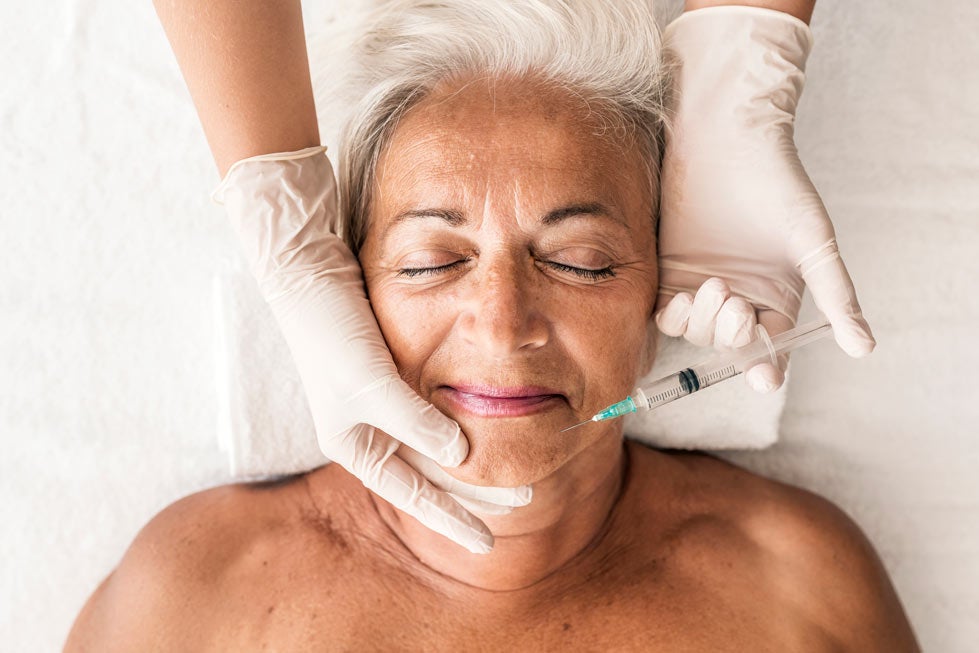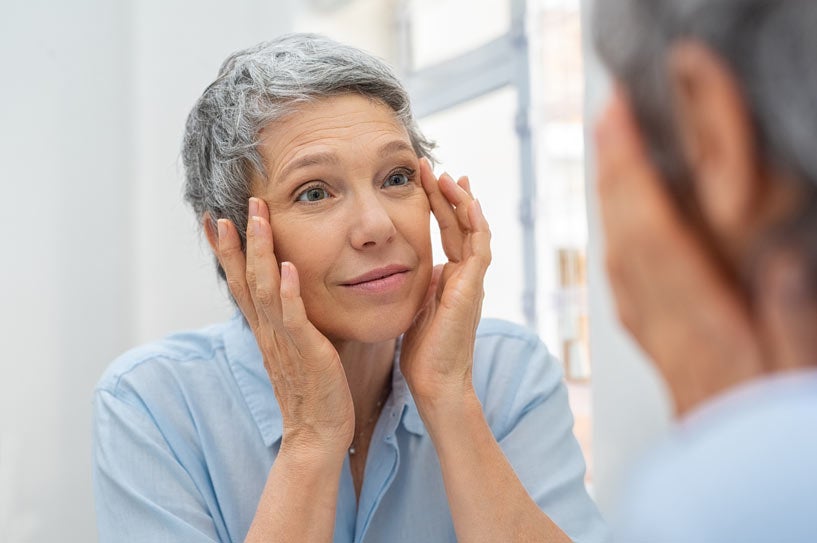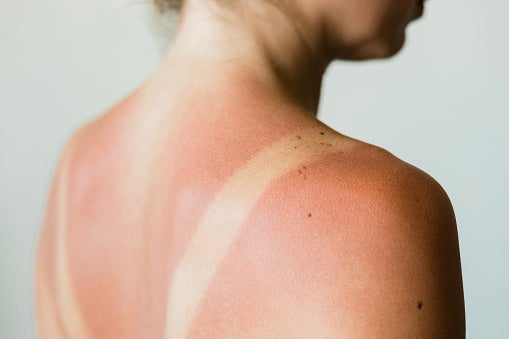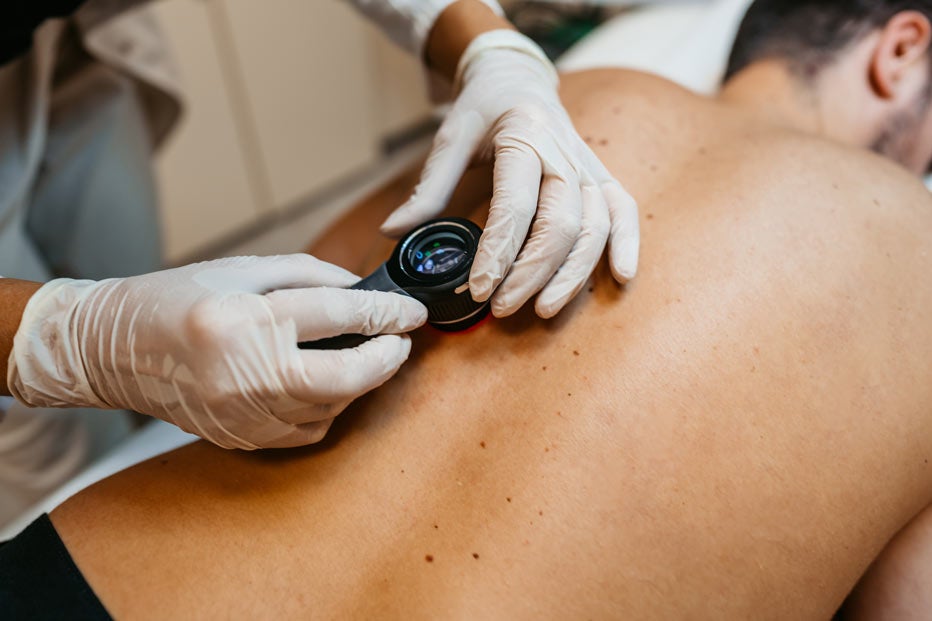Skin Health
Maintaining optimal skin health is important as it serves as a protective barrier, regulates body temperature, and reflects overall well-being.
Explore skin health
Causes
The causes of skin conditions can range from genetic factors and infections to allergies and environmental triggers.
Definition
Learn more about the basics of your skin, the definitions of skin conditions, treatments, and dermatological concerns
Diagnosis
The diagnosis of skin conditions may involve a physical exam, review of your medical history, and lab testing.
Prevention
Skin is your body's first barrier against your environment - see how prevention can keep your skin healthy and strong.
Recovery
Recovery from a skin condition could require medical intervention, or maybe just patience. Learn more here.
Types
Get familiar with the wide variety of skin conditions and concerns that can arise on our body's largest organ.
Related Conditions
Issues from other conditions affecting the skin can manifest as rashes, ulcers, discoloration, or lesions.
Symptoms
Skin symptoms can come in all shapes and sizes. Read up on symptoms of different skin concerns.
Treatment
Treating skin conditions make include a range of approaches like topical/oral meds, lifestyle changes, or possible surgery.
Featured

Prevention
Sunscreens: Protect Your Skin
Learn about the effects of ultraviolet light and the increased risk of skin cancer, including the use of sunscreen as a skin cancer prevention method
Treatment
Treating Aged or Sun-Damaged Skin
Find out about some of the options for treating skin showing the effects of aging or sun damage.

Common skin conditions
Test Your Knowledge on Skin Topics
Our quick quizzes are a fun and informative way to test what you know about topics related to skin health. Take a few minutes and see what you know, and more importantly, what you don't!
How Much Do You Know About Melanoma?
Melanoma is a type of skin cancer. What increases your risk? What can you do to prevent it?
How Are Your Wound Smarts?
True or false: A cut heals most quickly when exposed to air.
Take the Rosacea Quiz
Approximately 14 million people in the United States have rosacea. It most often affects adults between the ages of 30 and 60. Rosacea is more common in women, but more severe in men. Find out more about rosacea by taking this quiz.




